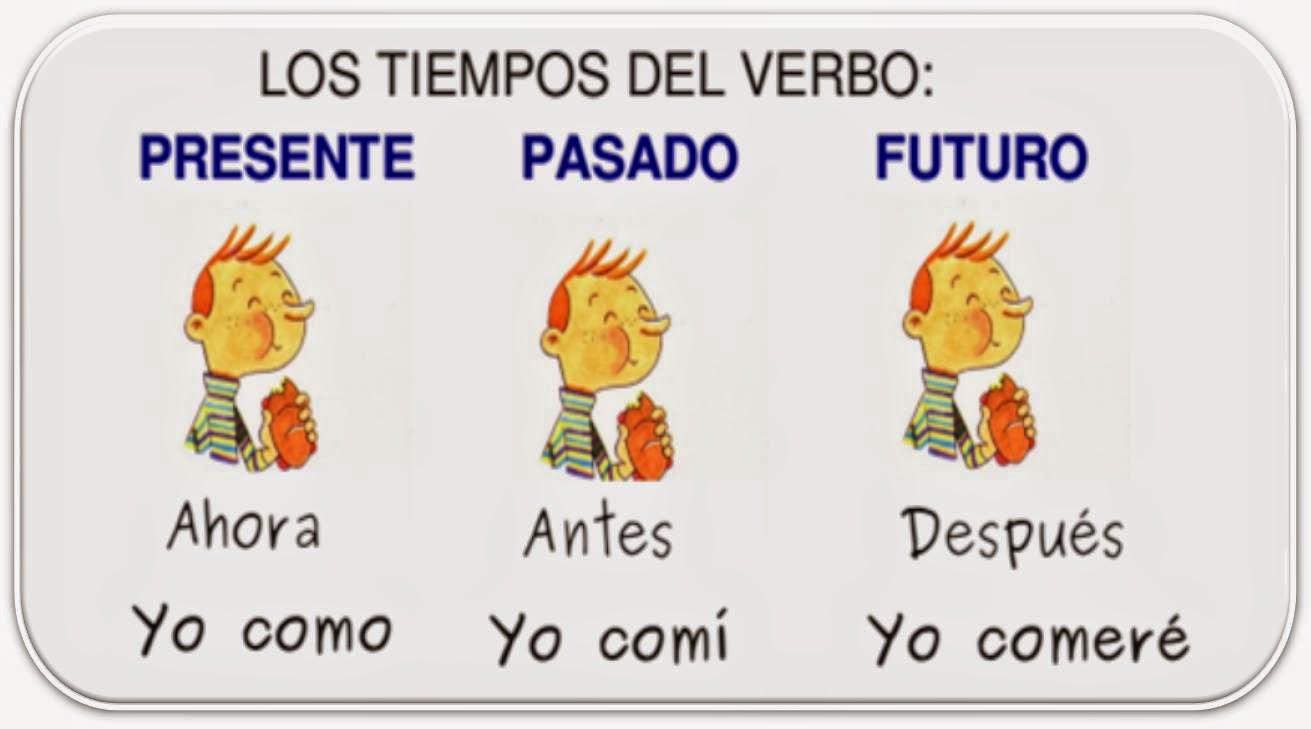Unlocking Fluency: Mastering the Past Tense of "Dar" in Spanish
Have you ever found yourself struggling to recount a past event involving the Spanish verb "dar" (to give)? Navigating the intricacies of verb tenses in a foreign language can feel like traversing a labyrinth. However, fear not! Mastering the past tense of "dar" is an achievable feat, unlocking a new level of fluency and expressiveness in your Spanish communication.
The past tense, in its various forms, serves as the backbone of recounting experiences, sharing anecdotes, and constructing narratives. In Spanish, "dar" takes center stage as a versatile verb, weaving its way into countless expressions. Whether you're describing a gift you presented, information you provided, or an event that took place, understanding how to accurately convey "gave," "did give," or "were giving" is essential.
Delving into the history of the Spanish language reveals the fascinating evolution of "dar." Its roots trace back to the Latin verb "dare," showcasing the interconnectedness of Romance languages. Over time, "dar" has maintained its significance, solidifying its place as a cornerstone of Spanish grammar. Its enduring presence underscores the importance of grasping its past tense conjugations.
One of the primary challenges learners encounter with the past tense of "dar" lies in its irregularity. Unlike verbs that adhere to predictable patterns, "dar" dances to its own tune. This peculiarity can lead to confusion, particularly when grappling with the preterite and imperfect tenses, each carrying distinct meanings and applications.
Imagine recounting a specific instance of giving something to someone. In this scenario, the preterite tense, often referred to as the "simple past," takes the reins. For example, "ayer le di un libro" (yesterday I gave him/her a book) demonstrates the preterite form "di" (I gave). Conversely, the imperfect tense steps in to describe habitual actions or ongoing states in the past. "Siempre le daba consejos" (I always used to give him/her advice) illustrates the imperfect form "daba" (gave/was giving), emphasizing the ongoing nature of the advice-giving.
While the irregularity of "dar" might appear daunting, consider it an opportunity to appreciate the nuances of the Spanish language. Embrace the challenge, and with practice, these forms will become second nature, empowering you to weave captivating narratives and engage in meaningful conversations about the past.
Now, let's equip you with practical tools to navigate this grammatical terrain. Below, you'll find a concise table outlining the preterite and imperfect conjugations of "dar," providing a handy reference point for your language learning journey.
Advantages and Disadvantages of Mastering "Dar" in the Past Tense
| Advantages | Disadvantages |
|---|---|
Enhanced storytelling abilities Improved conversational fluency Deeper understanding of Spanish grammar | Initial difficulty remembering irregular forms Potential for confusion between preterite and imperfect |
To solidify your understanding further, let's explore five real-world examples showcasing the past tense of "dar" in action:
- Ella me dio un abrazo cuando la vi. (She gave me a hug when she saw me.)
- Le dimos la bienvenida al nuevo empleado. (We welcomed the new employee.)
- Ellos siempre nos daban buenos consejos. (They always used to give us good advice.)
- Te di la llave ayer, ¿no la recuerdas? (I gave you the key yesterday, don't you remember?)
- Le dieron las gracias por su ayuda. (They thanked him/her for his/her help.)
Remember, mastering any aspect of language requires consistent effort and a dash of patience. Approach your language learning journey with curiosity, embrace the challenges, and celebrate your progress along the way. Unlock the full expressive potential of Spanish by conquering the past tense of "dar," and watch as new avenues of communication open up before you.
Unlocking elk city id your guide to zip codes and more
Paws itively hilarious diving deep into the world of funny cat memes on youtube
Unleash your inner mechanic the husky 65 piece tool set review













